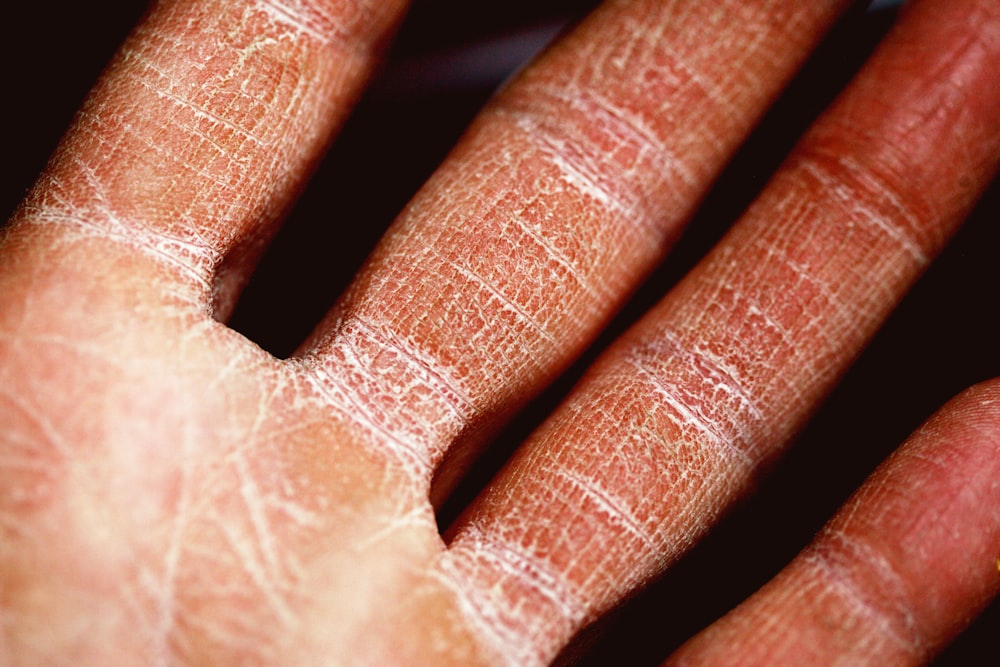Eczema Relief Effective Treatment Strategies
Eczema Relief: Effective Treatment Strategies
Understanding the Eczema Battle
Dealing with eczema can be a persistent battle, but effective treatment strategies can offer much-needed relief. Eczema, characterized by red, itchy skin, varies in severity, making finding the right approach crucial. Let’s explore some effective treatment strategies that can help soothe the discomfort and manage eczema symptoms.
Gentle Skincare: The Foundation of Relief
The first line of defense against eczema is adopting a gentle skincare routine. Harsh soaps and fragranced products can exacerbate symptoms, so opt for mild, fragrance-free cleansers and moisturizers. Keeping the skin hydrated is key, and applying moisturizer regularly, especially after bathing, can provide relief and prevent flare-ups.
Topical Steroids: Targeting Inflammation
In cases of acute flare-ups, topical steroids prescribed by a dermatologist can be a game-changer. These medications help reduce inflammation and alleviate itching. However, it’s crucial to use them as directed and under professional guidance to prevent potential side effects and ensure their effectiveness in managing eczema symptoms.
Emollients and Moisturizers: Hydration is Key
Hydration plays a pivotal role in managing eczema. Emollients and moisturizers create a protective barrier, locking in moisture and preventing the skin from drying out. Opt for products with ingredients like ceramides, which help repair the skin barrier. Regular application of emollients can contribute to long-term relief.
Avoiding Triggers: Personalized Care
Eczema triggers vary from person to person, making it essential to identify and avoid them. Common triggers include certain fabrics, harsh detergents, and specific foods. Keeping a journal to track flare-ups can help pinpoint triggers, allowing for a more personalized and effective approach to managing and preventing eczema symptoms.
Prescription Treatments: Beyond Topical Steroids
In more severe cases, dermatologists may recommend non-steroidal prescription creams or ointments. These may include calcineurin inhibitors, which also target inflammation and itching. Consulting with a healthcare professional ensures a tailored treatment plan based on the severity and individual characteristics of the eczema.
Antihistamines: Controlling Itchiness
The persistent itching associated with eczema can be challenging. Over-the-counter or prescription antihistamines can help control itching and improve sleep quality. However, it’s important to consult with a healthcare professional before incorporating antihistamines into your routine, as they can cause drowsiness.
Wet Wrap Therapy: Intensive Hydration
Wet wrap therapy involves applying a damp layer of bandages or clothing over moisturized skin. This intensive hydration technique helps soothe inflammation and reduce itching. It’s often used for severe flare-ups and can be performed under the guidance of a healthcare professional.
Phototherapy: Harnessing Light for Relief
Phototherapy, or light therapy, involves exposing the skin to ultraviolet light under controlled conditions. This treatment can help reduce inflammation and alleviate symptoms. While it requires professional supervision, phototherapy has shown effectiveness in managing eczema, especially for individuals with moderate to severe cases.
Mind-Body Connection: Stress Management
The mind-body connection is increasingly recognized in eczema management. Stress and anxiety can trigger flare-ups, so incorporating stress-reducing practices like meditation or yoga can complement traditional treatments. A holistic approach considers both physical and emotional well-being in the quest for eczema

